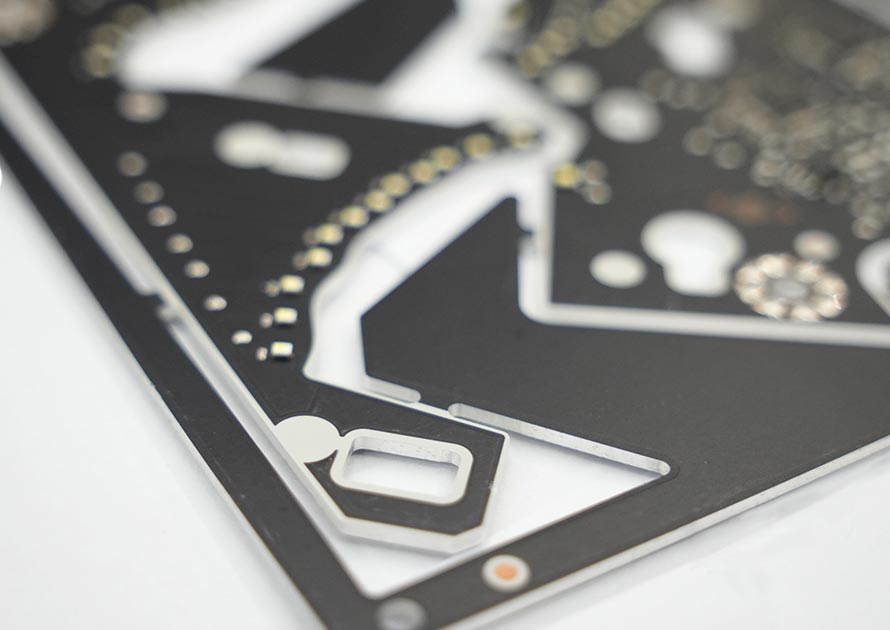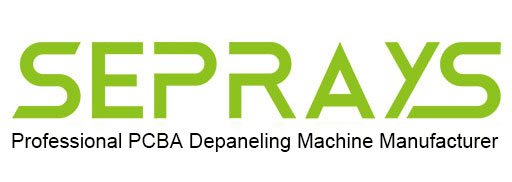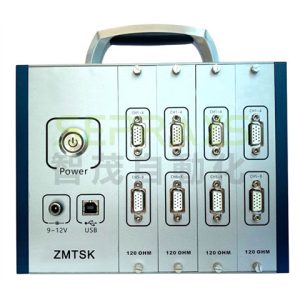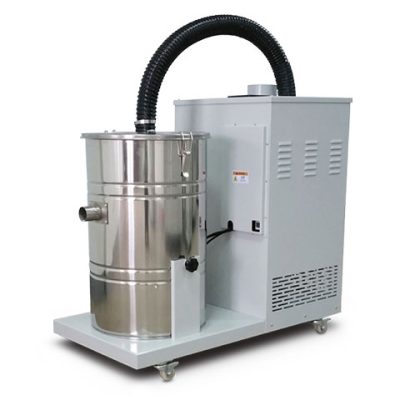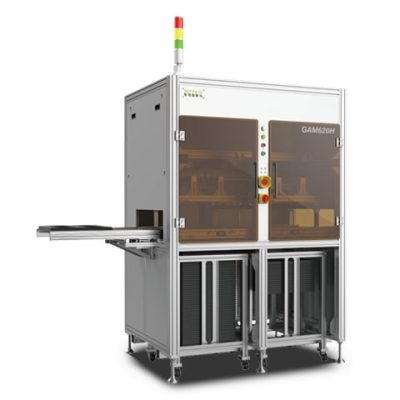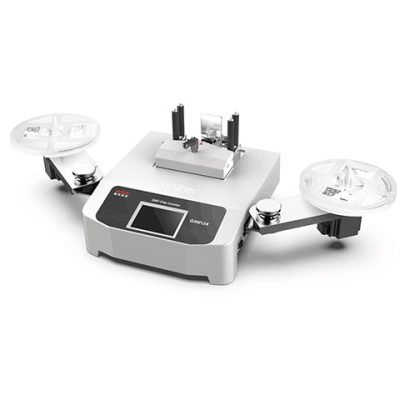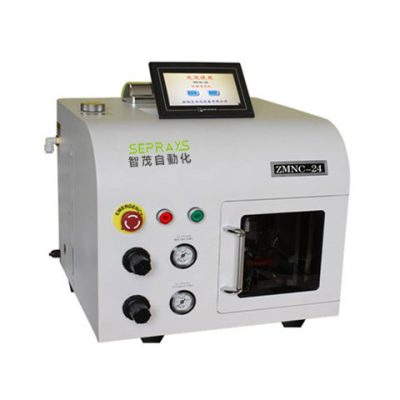![]()
ZMTSK-16C/24C/32C Stress Tester
The ZMTSK-16C/24C/32C Stress Tester is a sophisticated diagnostic tool designed specifically to evaluate the resilience of solder joints and the overall mechanical stability of Printed Circuit Board Assemblies (PCBAs). Given the vulnerability of solder joints to strain-induced failures, which can result in issues like solder ball cracking, bending of traces, and even component fractures, this tester plays a pivotal role in ensuring product reliability and preventing costly setbacks in manufacturing.
PCB Separator For Different Kinds of Industries
These recommendations are based on the specific needs of each industry and the characteristics of the PCBs and FPCBs they use. The choice of depaneling machine depends on the material, thickness, and complexity of the PCB, as well as the desired outcome in terms of edge quality, speed, and cost-effectiveness.
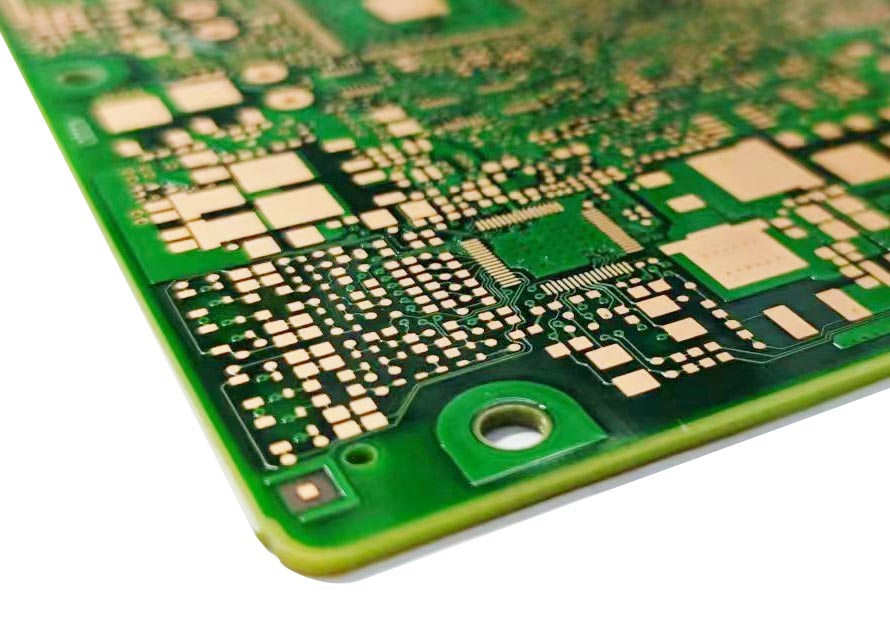
Single-Sided PCBs
PCB Types: Single-sided PCBs consist of a single layer of copper on one side of the substrate. They are often used in Consumer electronics, home appliances, basic electronic devices.
Recommended Machines:
PCB Router Depaneling Machine: These machines offer precise cuts and clean edges, which are essential for general-purpose PCBAs to ensure good electrical contact and prevent short circuits.
Punching Depaneling Machine: Suitable for simpler boards with less stringent edge requirements, providing a cost-effective solution for basic depaneling needs.
Double-Sided PCBs
PCB Types: Double-sided PCBs have copper layers on both sides of the substrate, allowing for more complex circuitry and connections. They are often used in Consumer electronics, automotive electronics, industrial controls.
Recommended Machines:
PCB Router Machine: Suitable for most double-sided PCBs, offering precise cuts and clean edges.
Laser Depaneling Machine: For higher precision and less stress impact.
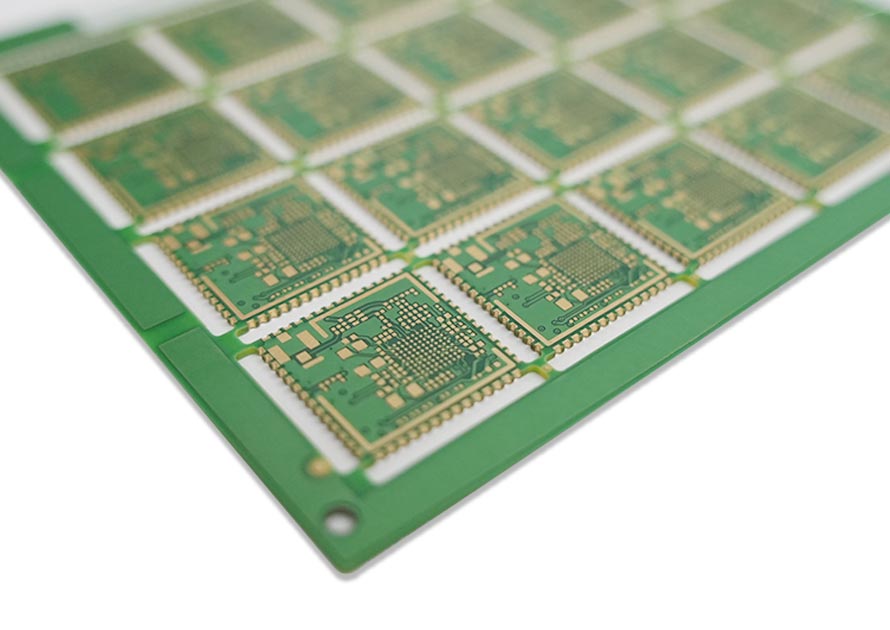
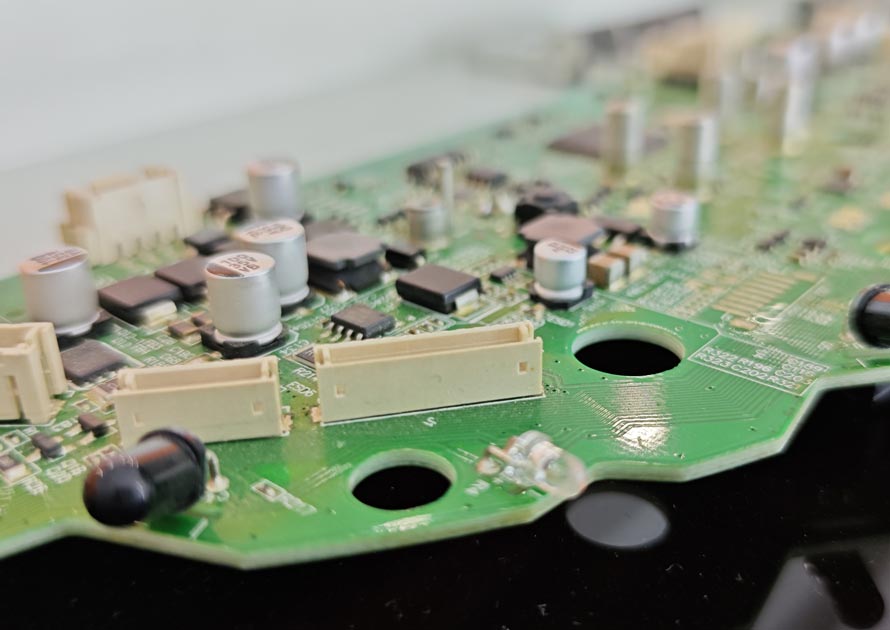
Multilayer PCBs
PCB Types: Multilayer PCBs consist of multiple layers of copper and insulating materials, providing higher component density and complex routing. Used in Telecommunications, aerospace, medical devices, and high-performance computing.
Recommended Machines:
Laser Depaneling Machine: Suitable for high-precision cutting and less stress impact.
PCBRouter Machine: Suitable for boards with specific edge requirements or intricate designs.
Rigid PCBs
PCB Types: Rigid PCBs are made of rigid materials such as FR4 and are commonly used in a wide range of applications. They are often used in General electronics, automotive, industrial controls. Durability and ease of integration into mechanical assemblies.
Recommended Machines:
Router Machine: Suitable for most rigid PCBs, offering precise cuts and clean edges.
Laser Depaneling Machine: For higher precision and less stress impact.
V-Groove Depaneling: Is a practical and cost-effective solution for separating rigid PCBs. It provides a clean edge and reduces stress on components, making it a popular choice in various industries.
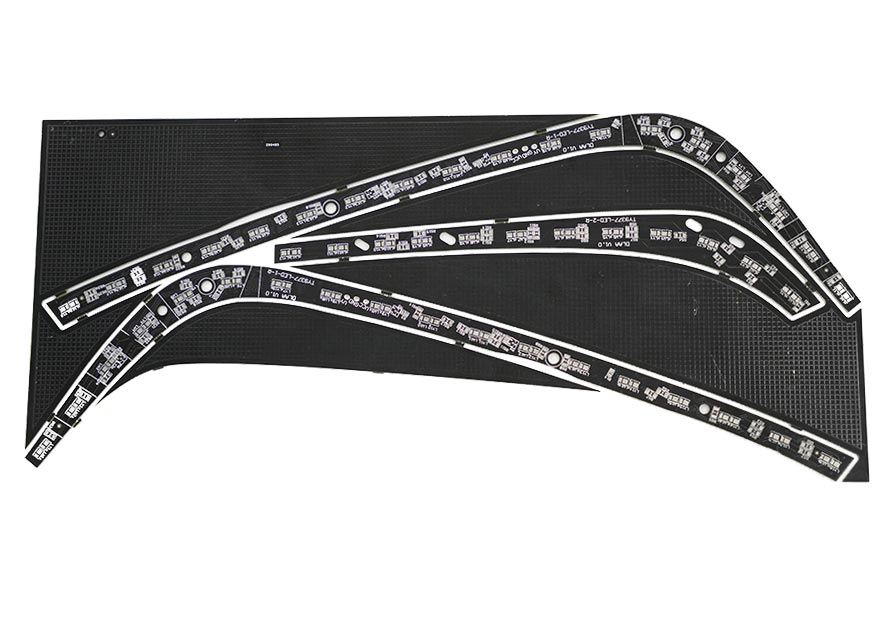
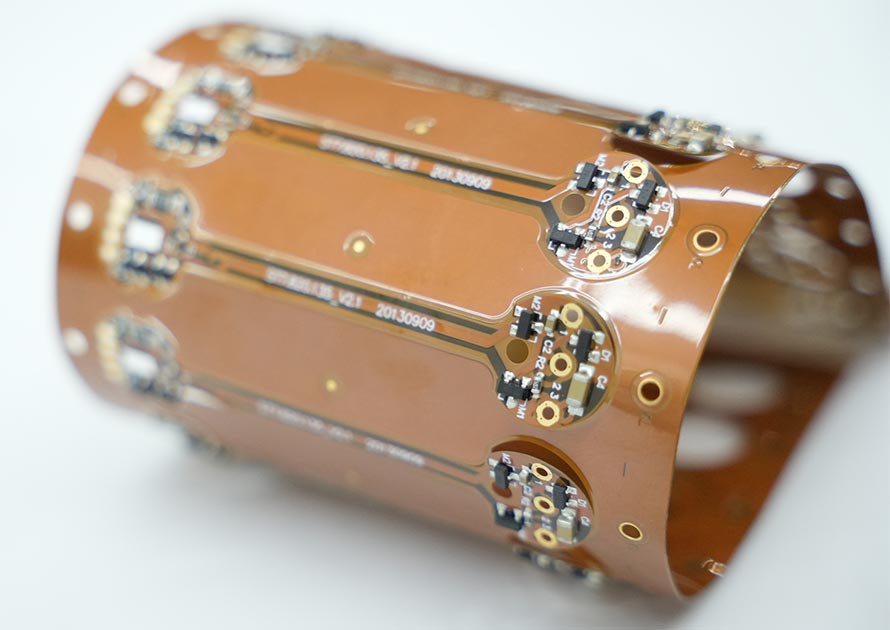
Flexible PCBs (FPCBs)
PCB Types: Flexible PCBs are made of flexible materials such as polyimide or PET and are used where space constraints or flexibility are necessary. Consumer electronics, wearable technology, medical devices. Compactness, flexibility, and ease of installation in confined spaces.
Recommended Machines:
Laser Depaneling Machine: Suitable for precise cutting and less stress impact. For very delicate or sensitive FPCBs where minimal heat generation is crucial.
Punching Depaneling Machine: Capable of adapting to PCBs of different sizes and shapes, dividing them into individual boards according to preset shapes and sizes, ensuring smooth and burr-free cutting edges.
LED PCBs
PCB Types: LED PCBs are designed for efficient heat dissipation and are typically made of materials like aluminum or ceramic. LED lighting, automotive lighting, and display technologies.
Recommended Machines:
Router Machine: Suitable for boards with thick copper layers or metal cores, ensuring clean cuts and minimizing the risk of damaging thermal management features.
Laser Depaneling Machine: Suitable for boards requiring precise cuts and less stress impact, preserving the integrity of thermal management components.
Running Knife Depaneling Machine: Suitable for PCB depaneling of long strips, popular for very high efficiency and low cost.
V-Groove Depaneling: Is a practical and cost-effective solution for separating rigid PCBs. It provides a clean edge and reduces stress on components.
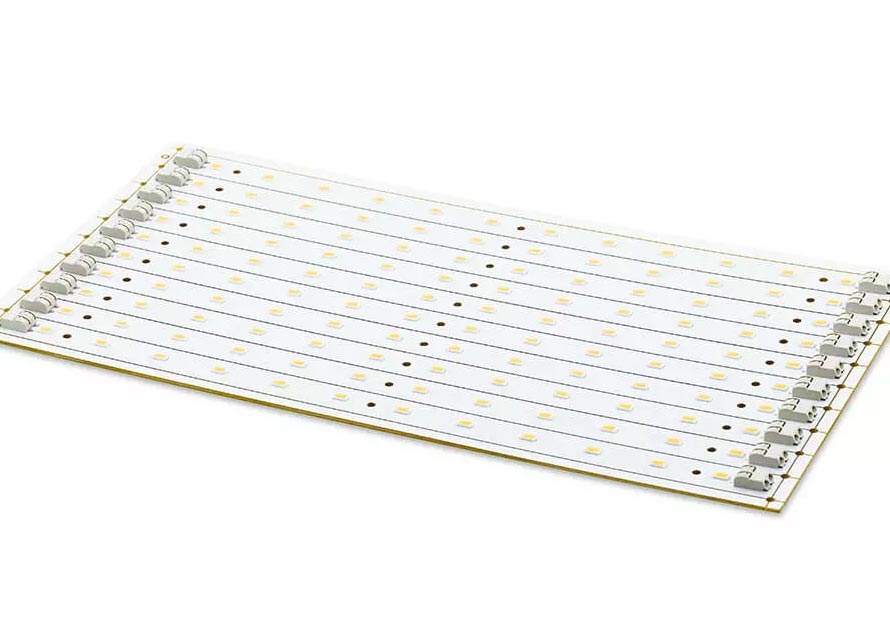
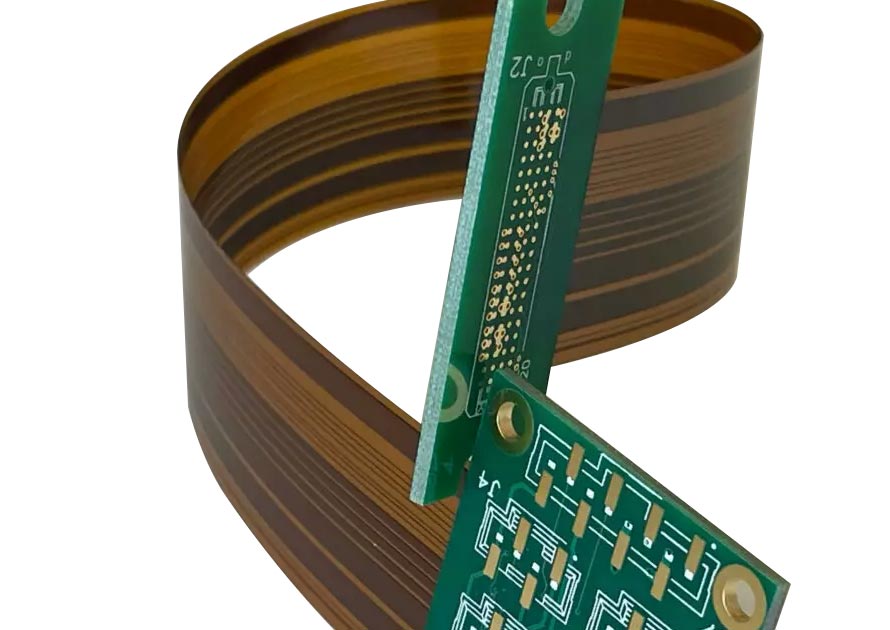
Rigid-Flex PCBs
PCB Types: Rigid-flex PCBs combine rigid and flexible sections, providing a compact and versatile design.
Industries: Aerospace, defense, medical devices, and consumer electronics.
Recommended Machines:
Laser Depaneling Machine: Suitable for precise cutting and less stress impact.
High-Precision Router Machine: Suitable for boards with specific edge requirements or intricate designs.
Aluminum-Based PCBs
PCB Types: Aluminum-based PCBs are used for their high thermal conductivity and are typically found in applications requiring efficient heat dissipation. They are often used in Power electronics, LED lighting, and automotive electronics.
Recommended Machines:
PCB Router Machine: Suitable for boards with thick copper layers or metal cores, ensuring clean cuts and minimizing the risk of damaging thermal management features.
Punching Depaneling Machine: Capable of adapting to PCBs of different sizes and shapes, dividing them into individual boards according to preset shapes and sizes, ensuring smooth and burr-free cutting edges.
